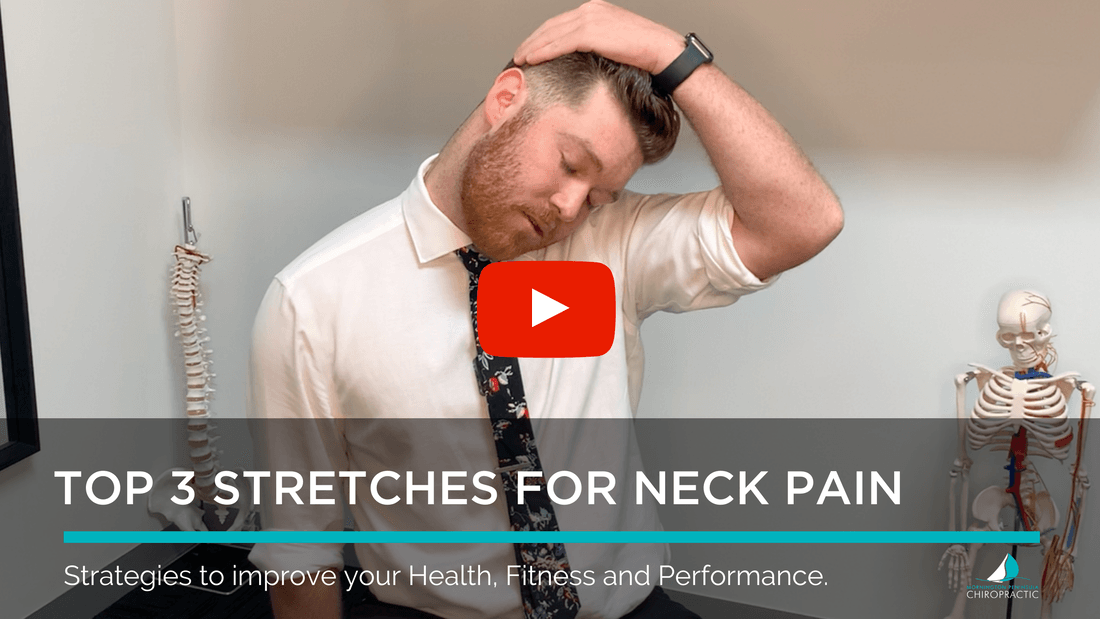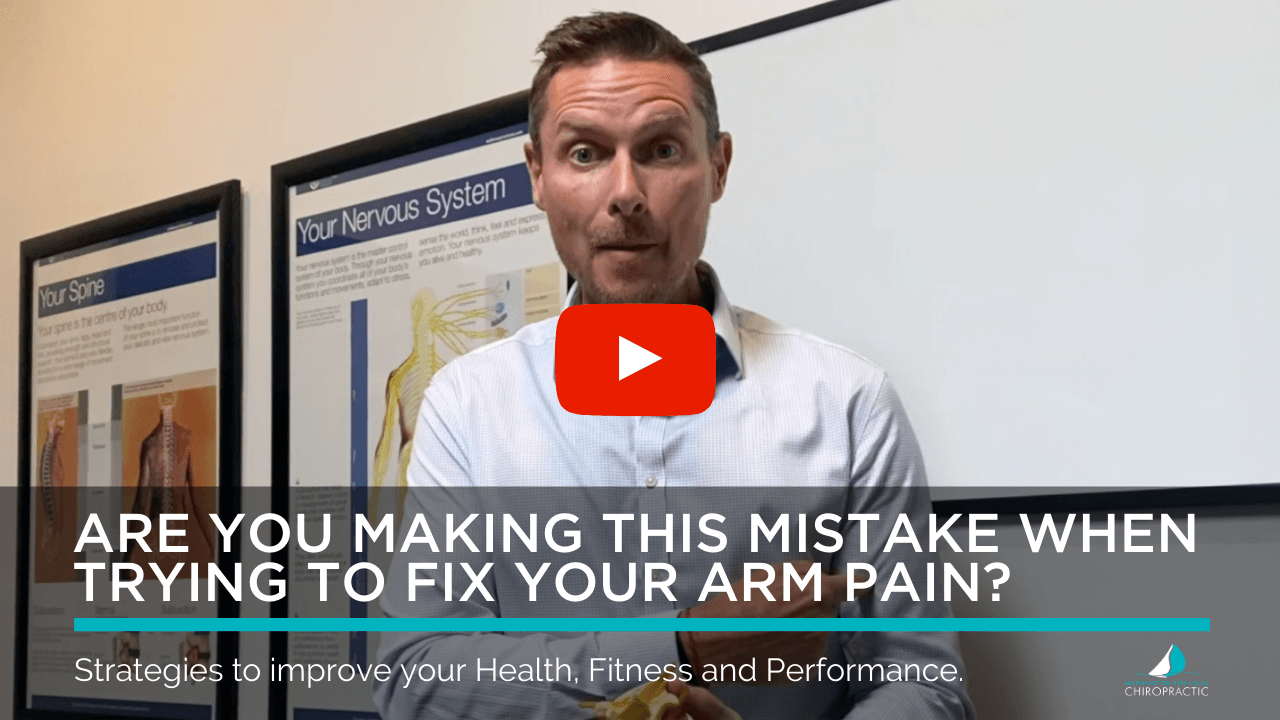Can Back Pain Cause Depression?
Back pain and your mental health are intimately linked in more ways than one.

Can Back Pain Cause Depression?
PAIN is not always the enemy, but it can become one.
Pain serves two basic functions.
- First, it warns one to stop performing an activity responsible for causing injury.
- Second, it prompts you to care for the injured body part.
However, the type of pain that lingers for a prolonged period is a different nature. Many people live with chronic pain long after an injury or condition has gone. Over time, the injury or condition that may have originally explained the pain can become vague. Chronic pain may manifest itself as low-back pain, arthritis, or headaches - to name a few. Often enough, there is little physical evidence to explain the pain.
In the past, when doctors could not identify a physical cause to explain the patient's pain, the complaint was typically dismissed as imaginary. Fortunately, this is no longer the case. Scientific evidence has emerged to show that patients with chronic pain experience structural changes to the nerves of their spinal cord.
Social and psychological factors heighten the effects of chronic pain. Patients frequently report a range of limitations in social and family roles. Many relate difficulties in performing household or workplace tasks, rear children, and socialise. The actual or perceived lack to fulfil these tasks may put a strain on children, spouses, or colleagues who may have to assume an additional role. The possible imbalance in these exchanges contributes to agitation, depression, resentment, stress, and feelings of anger.
Depression's Link to Chronic Pain
Those who experience chronic pain often report feeling depressed. Depression is said to be three times more prevalent among people with chronic pain, and 30 to 80 percent of patients with chronic pain report to experiencing some type of depression. When chronic pain is combined with depression, the disability that ensues proportionately increases.
Those who experience either chronic pain or depression undergo changes in their mental, social, and physical well being. For people who experience both chronic pain and depression, however, the changes can be quite dramatic. Many people report insomnia, agitation, restlessness, a lack of concentration, and difficulties performing daily tasks at home and/or at work. These various impairments may induce a cycle of pain that leads to more depression, and the other way around. Pain may set off the depression, and the depression may trigger the pain.
The common wisdom to rest after an injury may not be so wise after all. Total avoidance of certain activities may actually worsen the pain, especially if these activities were formerly a source of pleasure.
The Symptoms of Chronic Pain:
• Pain from sources of stimulation that aren't usually painful or pain in other areas of the body
• Increased sensitivity to pain
• Increased intensity of pain
• Pain that lasts more than six months after an injury
The Signs of Clinical Depression:
• Occurs for a period lasting more than 2 weeks
• Appetite or weight changes
• A sense of worthlessness or guilt
• Sleep difficulties (sleeping too little or too much)
• Decreased ability to concentrate
• Poor memory
• Sadness, hopelessness, irritability, and proneness to crying
• Restlessness or fatigue
• Lack of interest or pleasure in activities
Chiropractic Care for Depression
Chiropractic care's role in mental health is not new. Studies and research has shown positive results in the chiropractic care of depression.
Quite a number of studies showed considerable improvement of depression symptoms for patients treated with chiropractic care.
- Robert M. Rowell, Dana J. Lawrence, Cheryl Hawk, "Relief of depressive symptoms in an elderly patient with low back pain" Clinical Chiropractic Volume 9, Issue 1, 2006, Pages 34-38
- Bindl-Berrios, Ashley M. "The effects of chiropractic care on adults who suffer from both chronic back pain and depression: An alternative treatment for depressive symptoms." Capella University. ProQuest Dissertations Publishing, 2013. 3565724.
- Paula Anne Weigel, Jason Hockenberry, Suzanne Bentler, Fredric D. Wolinsky, "Chiropractic Use and Changes in Health Among Older Medicare Beneficiaries: A Comparative Effectiveness Observational Study" Journal of Manipulative and Physiological Therapeutics, Volume 36, Issue 9, 2013, Pages 572-584
The Treatment of Chronic Pain and Depression
If at all possible, the first step is to identify the source of the pain. Dealing with the underlying cause of the pain helps to alleviate it. Determining the source of the pain, however, is not always possible. In this case, the patient should try to seek ways to minimise the role pain plays in their life.
Here are other helpful tips:
- Do not altogether forgo activities that may cause pain. At the same time, do not perform activities that would cause obvious harm. Seek guidance from your doctor of chiropractic to discuss your exposure to activities.
- Try relaxation techniques, guided image exercises, biofeedback, and meditation. They are just some of the ways that can help you deal with chronic pain.
- Look into cognitive therapy. It helps patients address destructive emotional patterns and behaviours.
- Get family involved in your recovery. Evidence shows that familial support has a role in promoting recovery.
- Lastly, discuss your situation with qualified professionals. Your doctor of chiropractic may recommend additional techniques or refer you to another provider for specialised care.



